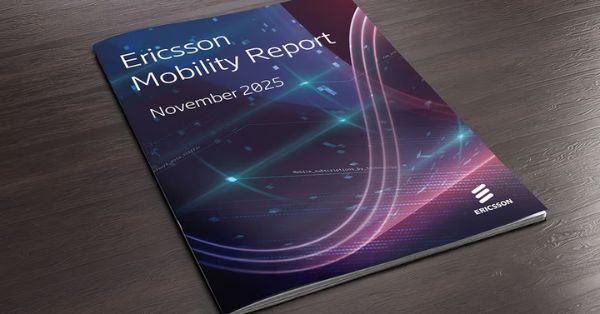T-Mobile CEO Mike Sievert attributed the company’s Q1 growth to its 5G network, value proposition, and customer experience, stating that customers are staying for these reasons. During the Q1 earnings call on Thursday, Sievert also acknowledged that T-Mobile’s churn is not the best in the industry but could be improved.
The company reported 538,000 postpaid phone net additions in Q1 2023, surpassing its two main competitors. Additionally, T-Mobile claimed 523,000 net customer additions for its high-speed fixed wireless access (FWA) internet service, outperforming AT&T, Verizon, Comcast, and Charter combined. The company’s service revenues reached $15.5 billion, a 3% YoY growth, including a 6% YoY growth in postpaid service revenue. Net income amounted to $1.9 billion.
T-Mobile’s Q1 postpaid phone churn was 0.89%, slightly better than Verizon’s 0.90% but not as good as AT&T’s 0.81%. Sievert reflected on T-Mobile’s history, emphasizing the company’s progress in recent years, from last place in the LTE era to first place in the 5G era. T-Mobile now aims to convince the American public of its network superiority and expand its market share in the business customer segment.
Regarding FWA high-speed internet, Sievert reiterated the company’s plan to reach 7-8 million customers by 2025, primarily by selling excess capacity on its mobile network. T-Mobile President of Technology Ulf Ewaldsson praised the 2.5 GHz spectrum for its excess capacity, with plans to increase coverage from 275 million POPs to 300 million by year-end.
T-Mobile Business Group President Callie Field reported significant progress in doubling market share in the business segment, citing growth in customers, revenue, and market share taken from AT&T and Verizon.








































